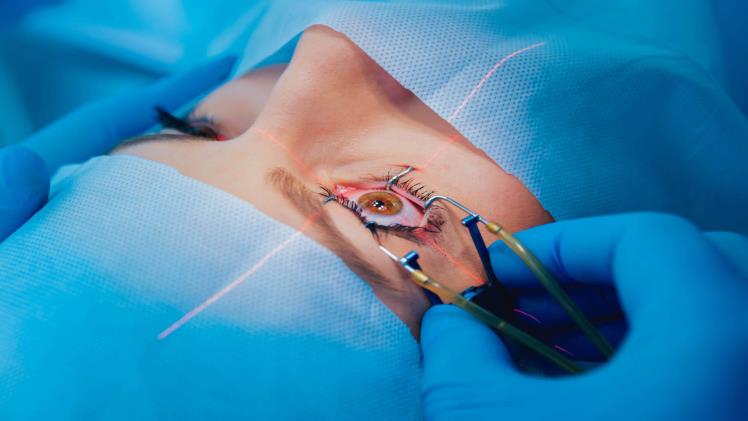Photorefractive Keratectomy (PRK) is a type of refractive laser eye surgery designed to correct vision problems like myopia, hyperopia, and astigmatism. PRK can be an effective solution for patients experiencing cloudy vision, offering a safe and advanced alternative to traditional vision correction methods. This article explores the benefits of PRK, identifies ideal candidates for the procedure, and discusses what patients can expect during the recovery process, with insights from Discover Vision Centers.
PRK: An Overview
PRK was one of the first types of laser eye surgery for vision correction and remains a popular choice for many patients. Unlike LASIK, PRK removes the very top layer of the cornea to reshape it with a laser, improving the eye’s ability to focus light and thus clarifying vision.
- Benefits of PRK: This procedure is beneficial for individuals with thin corneas or those who are not candidates for LASIK, offering a safer alternative with comparable outcomes.
- The Procedure: PRK involves the precise removal of the corneal epithelium, followed by corneal reshaping with an excimer laser, without creating a flap in the cornea.
Addressing Cloudy Vision
Cloudy vision can result from various factors, including refractive errors, corneal scarring, or other eye conditions. PRK can be a suitable treatment option for those experiencing Cloudy Vision, providing clear and improved vision by correcting the underlying refractive error and treating surface-level corneal issues.
- Ideal Candidates: Patients with stable vision prescriptions, healthy eyes free of retinal problems, corneal disease, or severe dry eye are considered good candidates for PRK.
- Recovery and Outcomes: Recovery from PRK can take a few days to several weeks, with patients typically experiencing some discomfort in the initial stages. However, the final outcome is often a significant improvement in visual clarity and quality.
Recovery Process
The recovery process following PRK is crucial for achieving the best possible visual outcomes and entails:
- Post-operative Care: Following surgery, patients are required to adhere to a strict regimen of eye drops to prevent infection and facilitate healing.
- Healing Time: The corneal epithelium takes time to heal, during which patients may experience varying degrees of vision clarity.
- Follow-up Appointments: Regular check-ups with the ophthalmologist are essential to monitor the healing process and ensure the best possible recovery.
Conclusion
PRK vision correction stands out as a robust solution for addressing cloudy vision, leveraging advanced laser technology to provide patients with clearer, more reliable vision. Through careful consideration of candidacy and adherence to post-operative care, individuals can achieve significant improvements in their vision quality. Consulting with experts like those at Discover Vision Centers can provide prospective patients with the necessary information and guidance to make an informed decision about pursuing PRK for their vision correction needs.

